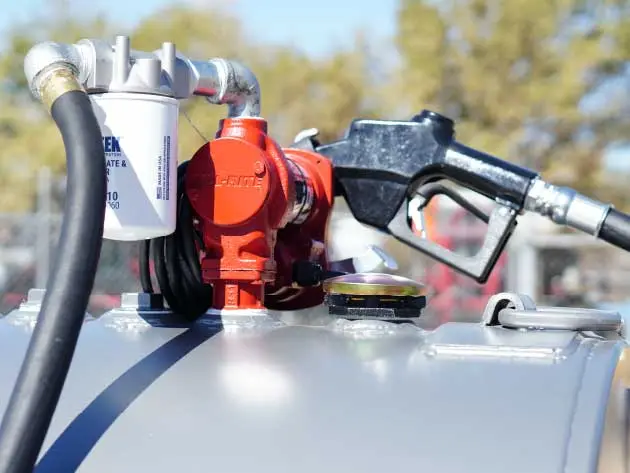Fuel for Thought: Is Diesel or Gasoline the More Efficient Choice?

Is Diesel Really More Fuel-Efficient?
Fuel mileage measures the distance a vehicle can travel per unit of fuel consumed. In countries such as the United States, it is typically expressed in miles per gallon (MPG). A higher fuel mileage indicates that a vehicle operates with greater fuel efficiency.
Diesel engines are traditionally recognized for their superior fuel efficiency, attributable to the higher energy density of diesel fuel than gasoline. Diesel engines are more fuel-efficient and have more low-end torque than similar-sized gasoline engines, and diesel fuel contains roughly 10% to 15% more energy than gasoline. So, diesel vehicles can often go about 20% to 35% farther on a gallon of fuel than their gasoline counterparts.
Fun Fact:
Diesel fuel is heavier and oilier. It evaporates much more slowly than gasoline — its boiling point is actually higher than the boiling point of water. Diesel fuel evaporates more slowly because it is heavier and contains more carbon atoms in longer chains than gasoline does.

It is important to note that various factors influence fuel mileage. Driving conditions and behavior—such as city versus highway driving—also play a crucial role in determining an engine's mileage.
Research indicates that diesel engines are approximately 20-30% more fuel-efficient than their gasoline counterparts. This difference can result in substantial savings over the lifespan of the vehicle. Furthermore, diesel engines are known for their longevity and reduced maintenance requirements compared to gasoline engines. This durability is largely due to their robust construction and lower operating temperatures, which contribute to lower long-term ownership costs. For heavy-duty applications and extended-distance transportation, diesel engines, are expected to remain the preferred choice.

Fuel for Thought: Is Diesel or Gasoline the More Efficient Choice?